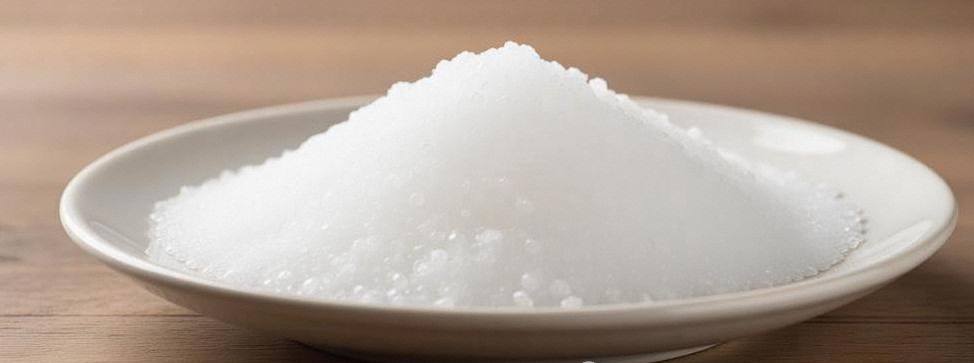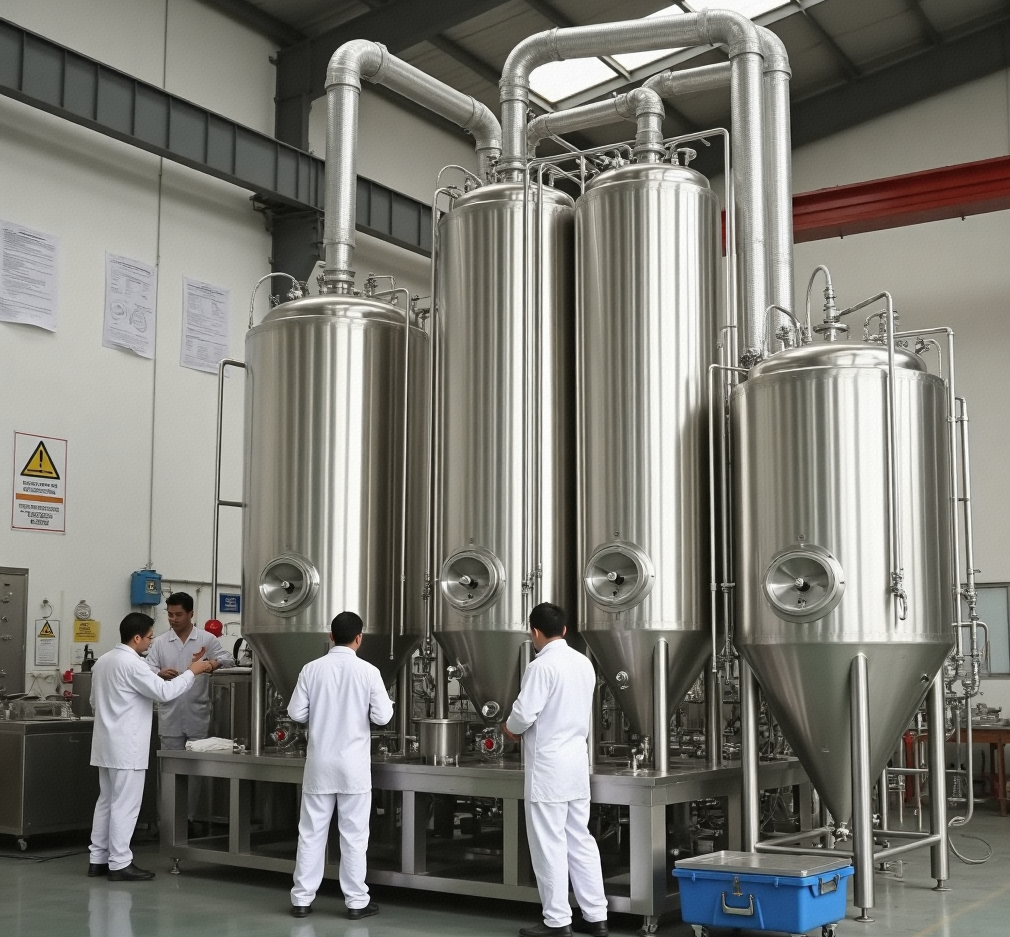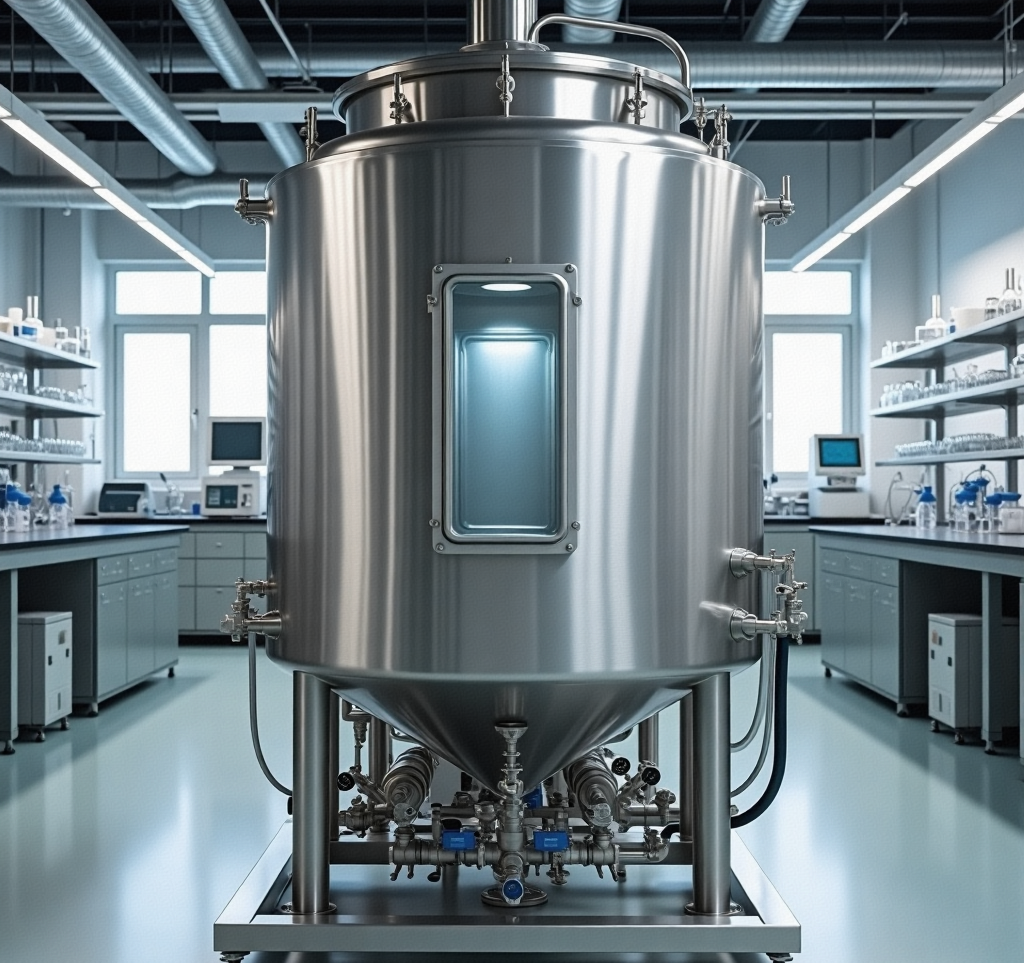On July 2, 2025, Allulose was officially approved by the National Health Commission and can be used as a new food ingredient in food. D-Psicose sugar is welcomed by the domestic market, and demand will increase significantly. This website has sorted out the situation of direct or related manufacturers of D-Psicose sugar at home and abroad for reference. Welcome to discuss and exchange!

The manufacturers of Allulose in China
Microbial synthesis: Microbial synthesis of allulose is an approved enterprise through biological fermentation technology. Its “one-step fermentation biosynthetic process” starts from glucose/sucrose and directly produces allulose through fermentation, with a conversion rate of 90% of the theoretical value.
The first phase of the Allulose factory located in Qinhuangdao has officially started production, and the second phase of the factory has been launched, which will be put into operation in 2027. At the same time, multiple 100000 ton capacity transformation projects are being promoted, among which the 60000 ton capacity transformation project located in North China will be put into operation in October 2025.
COFCO Group: COFCO Biotechnology and COFCO Nutrition and Health Research Institute, both subsidiaries of COFCO Group, jointly developed an enzymatic method for the production of D-Psicose. COFCO Group has validated the strategic value of “technology innovation driven health transformation” through 8 years of research and development. Its independently developed “d-aloketose-3-isomerase” is at the forefront of the industry and was approved by the National Health Commission in 2023, becoming the first enzyme preparation for food processing in China.
Bailong Innovation Park: The first enterprise in China to have industrial production of allulose. In 2024, the healthy sweetener business with allulose as the main product achieved a revenue of 156 million yuan, a year-on-year increase of 14%, a gross profit margin of 19%, and a production volume of 9500 tons that year.
The new production capacity of the company’s Thailand project is expected to start construction in the second and third quarters of 2025. After reaching production capacity, it can achieve an annual output of 12000 tons of crystalline allulose and 7000 tons of liquid allulose.
Baolingbao: One of the earliest companies in China to layout the Allulose project, engaged in related research and development for nearly ten years. It also has the production capacity of crystal and liquid products, mature process technology, stable product quality, and is mainly used for export. As of May 2025, the company has a production capacity of over 5000 tons in operation. Capacity expansion will begin in March 2025, and according to different product structures, it is expected to reach a production capacity of 30000 tons in 26 years.
Sanyuan Biotech: They plan to expand the production of allulose from 10000 tons to 20000 tons by 2025, and our second 10000 ton production line is rapidly under construction. Once approved for use in the domestic market, the company will have strong market responsiveness in terms of technology, cost, quality, and other aspects.
Jindawei: plan to issue convertible bonds to raise funds, including the annual production of 30000 tons of allulose project. As of December 31, 2024, a total of 50 million yuan has been invested in the D-Psicose and inositol projects, with a project progress of 11%.
Huakang: stated that it has a production capacity plan of 40000 tons and is committed to the efficient and green preparation of allulose. It has signed a patent license contract with Jiangnan University for the D-Psicose production strain and its immobilization method, using advanced technologies such as synthetic biology green manufacturing to produce D-Psicose.

The Foreign manufacturers of Allulose in the world
Matsutani Chemical in Japan: The world’s first enterprise to achieve commercial production of allulose, approved by the US FDA in 2014. The technology path is mainly based on enzymatic conversion, and there are high technical barriers in conversion rate and purity control.
Tate & Lyle, UK: One of the world’s major producers of allulose, mainly using enzymatic conversion for production, has certain advantages in the production technology and market promotion of D-Psicose.
Samyang, South Korea: The construction of the largest Allulose factory in South Korea has been completed, with an annual production capacity of 13000 tons, more than four times higher than before. It can produce both liquid and crystalline D-Psicose.

Is allulose safe or not ?
Allulose appears to be a safe sweetener, though more research is needed.
The Food and Drug Administration (FDA) has added it to the list of foods generally recognized as safe. However, it’s not yet allowed to be sold in Europe.
A 12-week study in allulose-fed dogs found no toxicity or other health problems related to the sweetener .
In the previously mentioned 90-person study, doses of 5 to 15 g (1 to 3 teaspoons) per day for up to 48 weeks were not associated with any negative effects.
In fact, the research found several health benefits, including improvements in fatty liver and the body’s ability to process glucose.
Still, the results are not completely positive. A test-tube study on mouse cells suggests that allulose may be linked to muscle cell injury under simulated exercise conditions.
It’s unclear whether these findings would apply to people.
So far, D-Psicose appears safe and is unlikely to cause health problems when consumed in moderation. However, as with any food, individual sensitivities are always a possibility.
Usage of Allulose
Because allulose tastes so much like sugar, does not raise blood glucose, and provides potential health benefits, it’s a great option for ketogenic lifestyles. It can be used in a variety of applications, including:
- Beverages: D-Psicose sweetens drinks like coffee, tea, and soft drinks without adding carbs.
- Baking and cooking: D-Psicose sweetener can be used in place of sugar in many recipes, although some adjustments may be needed due to its unique properties (See the next section for tips).
- Dairy products: A spoonful of allulose adds a touch of sweetness to plain yogurt. In addition, since it freezes well, it’s ideal for making ice cream.
- Confectionery: D-Psicose sweetener is an excellent sweetener for chocolates, candy, and similar treats.

